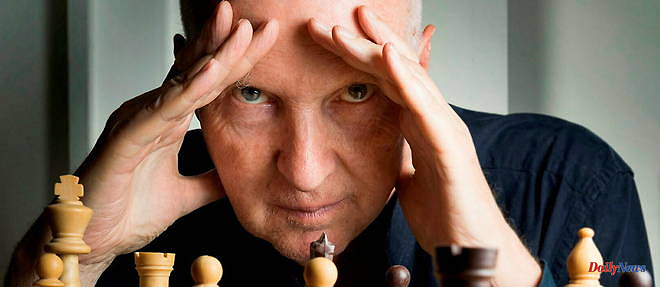For a long time Jean-Philippe Toussaint neglected to read. While his mother ran the famous Brussels bookstore-gallery Chapter XII, the young man preferred to frequent bookstores dedicated to the game of chess to better compete with his father – he went so far as to lead a game against the grandmaster Arthur Youssoupov. But this father, Yvon Toussaint, always beat him and could not imagine that it would be otherwise. Running the Belgian daily Le Soir, he also had the advantage of national fame and broad culture, while secretly dreaming of one day becoming a writer.
His inability to prevail on the Oedipal chessboard convinces the son to try another discipline. He began to frequent the parental library, read Dostoyevsky and began writing, as if he guessed, in the fog of his affection, that it was his only chance to finally beat a father who had to wait until retirement to partially satisfy his writing dreams. A miracle of the unconscious, the son's first attempt, La Salle de bain, was immediately published by Éditions de Minuit and earned him great success, which has not been denied.
Acuity. By replaying these complex family games here, Toussaint, who has just retranslated the book The Chess Player by Zweig, reveals whole sections of his youth – this was not his habit. Whether he talks about his producer sister or his wife Madeleine, this classmate who disappeared in a plane crash or his friend Gilles Andruet, a French chess champion who was murdered in 1995, he does so with grace and an acuity confirming that it is sometimes necessary to first checkmate the father before being able to pay him homage. “I would like this book to be the chessboard of my memory,” he writes. But we only play well with two §
“L’Échiquier”, by Jean-Philippe Toussaint (Éditions de Minuit, 245 p., €20). “Chess”, by Stefan Zweig, new translation by Jean-Philippe Toussaint (Éditions de Minuit, 128 p., €14).
“I wanted to express my youth and my adolescence in this book, I wanted to unravel, from its origins, my relationships with the game of chess... I wanted there to be sixty-four chapters in this book, like the sixty-four squares of a chessboard. »












